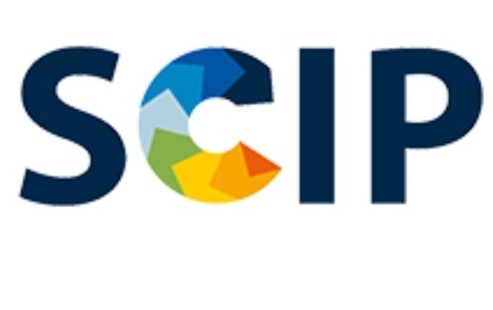SCIP database – implementation timeline still unrealistic but EU not ready to take action
On 9th July the implementation of the SCIP database for information on Substances of Concern In articles and Products was discussed at the European Member States’ Expert Group, known as CARACAL.

In preparation to this meeting, the non-road mobile machinery sector (NRMM) represented by CECE, CEMA, EGMF, EUnited, Europgen and FEM issued a joint position paper with key requests to Member States, Commission and ECHA. The main concern for the NRMM industry is timing: it seems clear that at least 1 year postponement of the official deadline – 5th January 2021 – is needed to ensure further dialogue between stakeholders and ECHA to develop a workable solution. Indeed, with only 6-months to go before the notification requirement is in force, the SCIP database is still under development, with relevant open issues, such as the level of reporting, the possible simplifications and how the submitted data will be protected. Irrespective of this request – backed by many other industry representatives – the Commission expressed the position during the CARACAL meeting that this delayed application requires a legislative change, which needs to be initiated as a fast-track procedure by the political leadership of the institution. It seems that political willingness to do that is absent.
The second key aspect raised by the NRMM coalition concerns the reporting obligation inserted in the Waste Framework Directive through the definition of the SCIP database. Indeed, industry points out that this major legal obligation was not submitted to an impact assessment, which is regularly carried out in preparation to legislative options at the EU level. The absence of this evaluation means that the associated costs and benefits have never been properly assessed and taken into consideration when defining the database content. On this point, the Commission recognises and regrets that an impact assessment was not carried out during the revision of the directive, but stresses that such an impact assessment cannot be done retroactively at this stage.
For more information on the CARACAL meeting, please contact CECE at info@cece.eu.
To read the full argumentation within the NRMM position paper, please click here.
More news